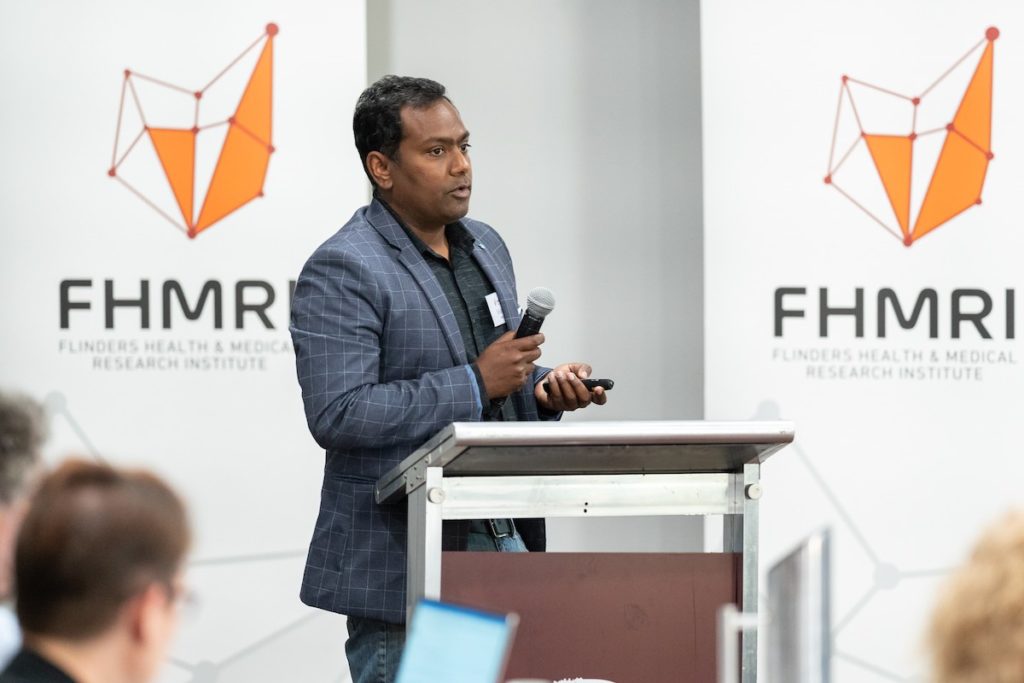Overloaded Australian GPs have such poor work-life balances they no longer feel in control of their own lives, a new analysis has found.
Alongside inadequate support and unrealistic patient expectations, the new study from Flinders University highlights the growing issues within Australia’s general practice field, which continues to experience increasing costs and a shrinking workforce, especially in regional and remote communities.
“General practitioner doctors (GPs) can work very long hours, some as much as 70 hours per week, with regional doctors likely to work even more hours if they service a small community,” says study senior author , from Flinders University Rural and Remote Health SA.
“These long hours contribute to fatigue, reduced well-being, and poor mental health, which alongside maintaining patient and colleague relationships and workforce shortages is increasingly leading to burnout and depression.
“We know that feeling in control of one’s life can help mitigate occupational stress, but this had yet to be investigated in relation to Australian doctors.”
Using data from a survey of more than 3600 GPs, the team investigated what factors negatively impacted their internal ‘locus of control’ – the sense that they themselves, and not external forces, were in control over the outcome of events in their lives.
“Studies have shown that individuals with a high locus of control (LoC) are more resilient, cope better under stressful conditions, have higher job satisfaction and in the case of healthcare workers, cope better with shift work,” says Dr Isaac.
“On the other hand, having a low LoC is associated with depression, anxiety and stress.”

The study found gender didn’t impact LoC, while GPs aged between 40 and 60 years reported a lower internal LoC than those below 40 or older than 60 years. Other factors that contributed to a lower LoC included being overseas trained, not having a spouse and self-reporting poor health.
Working long hours and having inadequate mentoring or supervision, running a stressful practice, and overall job dissatisfaction were all also contributing factors to a low LoC.
On the social side of things, work life balance was key, with low LoC linked to limited opportunities for social interaction and an imbalance of personal and professional commitments.
“We found over half of all GPs surveyed were dissatisfied with their social network, which was then negatively affecting their sense of control,” says Dr Isaac.
“This clearly highlights that the work-life imbalance has tended to become normalised for GPs and they struggle with work overload, which has a negative impact on their ability to do their job.
“Another key factor that reduced GPs internal LoC was unrealistic expectations from their patients. This indicates more formal training of doctors in improving communication skills is necessary, which could lead to an improved sense of control and overall wellbeing.”
The authors say the study highlights the importance of fostering work-life balance, building support systems and adequate training to manage patient expectation among Australian GPs to improve their LoC and thereby their wellbeing.
“As the data was collected in 2010 we must be cautious of the immense changes that have since occurred in the sector, but the issues identified have not gone away,” says Dr Isaac.
“In that time there have been some noticeable changes in general practice include a decrease in younger GPs, a decline in small practices and the proliferation of telemedicine and electronic medical records, so it’s importance we continue to understand how to help this vital medical field.”
The paper – ‘Work-related, socio-cultural, and personal factors associated with locus of control among Australian general practitioners’ by Daya Ram Parajuli, Shahid Ullah, Matthew McGrail, Craig S. McLachlan and Vivian Isaac – is published in the Journal of Psychiatric Research. DOI:








